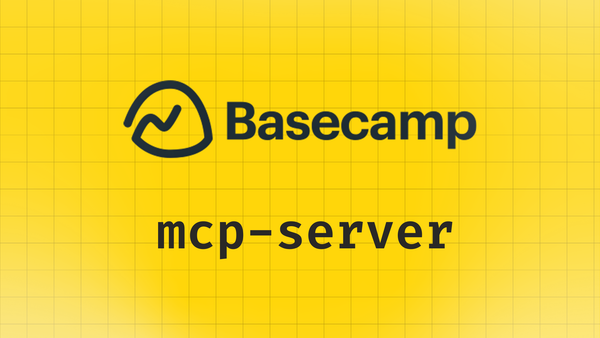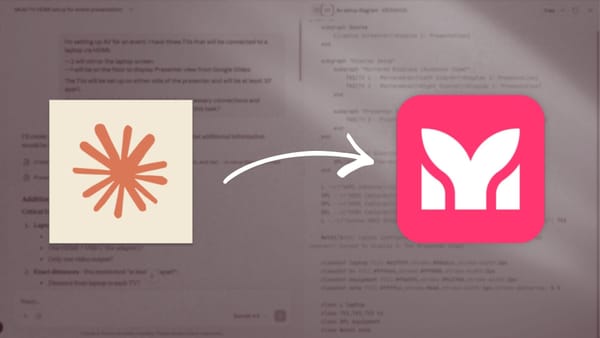Existentialism at work in the workplace
Purpose and work are inextricably intertwined.

A simple hypothesis: Working is essential to our humanity. It can't be fully replaced, offloaded, or outsourced.
If we don't discover the work that we were made to do, or if we don't do work that is truly valuable to real people in a tangible and material sense, then a pernicious form of ontological and existential anxiety takes root in the individual and ultimately affects the culture.
Real work and the visible, autonomous good
Consider this excerpt from the late David Graeber, professor of anthropology at the London School of Economics and the author of the Occupy Wall Street slogan "We are the 99%":
[Frederick] Jameson originally proposed the term "postmodernism" to refer to the cultural logic appropriate to a new phase of capitalism, one that Ernest Mandel had, as early as 1972, dubbed a "third technological revolution." Humanity, Mandel argued, stood on the brink of a transformation as profound as the agricultural or industrial revolutions had been: one in which computers, robots, new energy sources, and new information technologies would, effectively, replace old-fashioned industrial labor—the "end of work" as it soon came to be called—reducing us all to designers and computer technicians coming up with the crazy visions that cybernetic factories would actually produce." End of work arguments became increasingly popular in the late seventies and early eighties, as radical thinkers pondered what would happen to traditional working-class struggle once there was no longer a working class. (The answer: it would turn into identity politics.)[1]
One of the prevailing narratives about technological advancement is that "this contraption will free up time for you to do real work." One problem I have with this line of thinking (I have many) is that it supposes that menial things have no intrinsic value and are best offloaded to our machines.[2] It's as if our technological innovations are viewed as a shield between us and the things that threaten our enjoyment of life: If only we could bring about the "end-of-work," we could be totally liberated and thus enjoy our humanity to the fullest. But when real work ceases to exist, the question "Who am I?" bubbles up from the deep. Tsunamis start when the Earth's crust shifts, and the movement of tectonic plates under the ocean eventually rise to the surface, with disastrous and tragic consequences.
As a counterpoint, consider what the philosopher/motorcycle mechanic Matthew B. Crawford writes in Shop Class as Soulcraft: An Inquiry into the Value of Work:
Not surprisingly, it is the office rather than the job site that has seen the advent of speech codes, diversity workshops, and other forms of higher regulation. Some might attribute this to the greater mixing of the sexes in the office, but I believe a more basic reason is that when there is no concrete task that rules the job—an autonomous good that is visible to all—then there is no secure basis for social relations. Maintaining consensus and preempting conflict become the focus of management, and as a result everyone feels they have to walk on eggshells. Where no appeal to a carpenter's level is possible, sensitivity training becomes necessary.[3]
Crawford's point is that if real work isn't being done, there's no governing standard for productivity or quality, and the office devolves into, well, office politics. For knowledge workers (like myself), it can be difficult to connect the dots between your efforts and real benefits for real people. If a carpenter installs a countertop at the wrong height, the error is visible to all. If I forget to include the Oxford comma, only the most persnickety of high school English teachers will guffaw.
In other words, I don't always have clear insight into how my efforts actually make a difference in the lives of real people. I can infer success through analyzing data (an abstraction of net effect), adoption of tools of processes (which is itself a proxy for efficacy) or through direct feedback from end users (the best and most valid confirmation of all). Most of the time, I'm doing my best based on limited data, gut instinct, and prayer. I don't always produce things that are clear and concrete, which makes Crawford's analysis ring very true to me.
Graeber is fully on the left-hand of economic thinking and Crawford seems to be relatively conservative, or perhaps libertarian. But the common threads between their ideas are remarkable:
- Technology has radically altered are relationship and perception of work.
- Our work is a huge part of who are are.
- If we don't find meaningful work to do—which is crucial for our identity we try to redefine and reassert our identity.
- A dearth of real work eventually makes it way into how we speak. If we're not talking about real things (i.e., "an autonomous good visible to all"), then we're reduced to talking about ideas and abstractions.
The fact that two different authors are essentially saying similar things from practically polar opposite ends on the political/economic spectrum reveals that this is not primarily a political issue or a policy issue: It's a deeply human issue.
Humanity in the face of the fourth technological revolution
Graeber mentioned the "third technological revolution," which signaled the dawn of The Information Age: computers, networks, and such. Today, some say we're on the brink of "the fourth technological revolution" as AI and automation come into prominence. Fantastical assertions about AI doing the heavy lifting or automation taking care of all the boring stuff so you can do what's really important feel like déjà vu. I've seen that movie trailer before.
There's a real—and warranted—concern that AI will eliminate jobs, entry-level positions in customer service, sales, web and graphic design, and the like.[4] The logic of business is such that if it's cheaper and more reliable to pay a machine to do the work, why would you pay a human?
I have no idea what will happen with jobs as AI becomes more sophisticated, more capable, and more commodified. But I do know this: We were made to work, and we must find and do work that helps build the world we live in. Even a cursory glance at history will show that the promises of technological innovation and progress are always half truths. Don't believe the hype. Find what you can do, and do it to the upmost.
David Graeber, The Utopia of Rules: On Technology, Stupidity, and the Secret Joys of Bureaucracy (Brooklyn: Melville House, 2016) 111–112. ↩︎
The reality is that new technologies always create new, unintended, and unforeseen complications that have a way of offsetting the proclaimed net benefits. ↩︎
Matthew B. Crawford, Shop Class as Soulcraft: An Inquiry into the Value of Work (New York: Penguin Press, 2009) 157. ↩︎
At time of writing, NVIDIA is working toward this end by creating generative AI model blueprints. One example: “The digital human NIM Agent Blueprint for customer service helps enterprises rapidly prepare for this coming shift, bringing enterprise applications to life with a 3D animated avatar interface.” Imagine an AI chatbot with a human-like face on screen, generated in real time. The tech isn’t not that far off, and the implications for the future of work (not the end) are enormous. ↩︎



